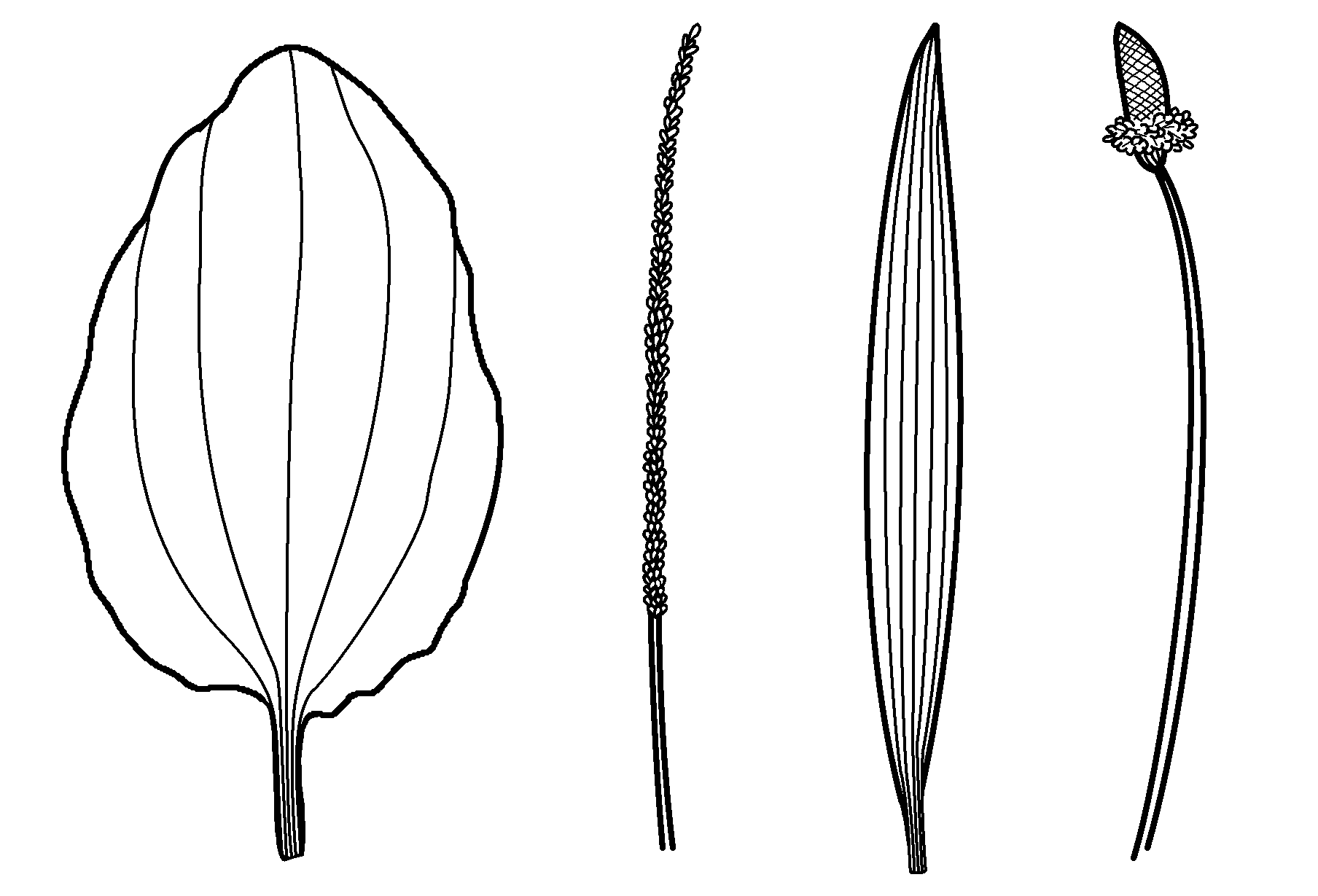Learning life skills in North Georgia
Below is a list of places and people north of Atlanta that we know teach wonderful skills that foster a healthy relationship with nature. Through books, media and classes all of these folks in one way or another have had an impact on our approach to nature education.

Cara Langston of Wildcraft Kitchen – Blairsville, Ga – https://www.wildcraftkitchenga.com/about

Patricia Howell of Botanologos School – Clayton, Ga – https://wildhealingherbs.com/

Mark Warren of Medicine Bow – Dahlonega, GA- http://medicinebow.net/
Handling Herbs + Drying
It’s important to handle your herbs properly after harvest. Below we outline some of the ways to handle your herbs after picking.
Using herbs fresh: Before drying your herbs, consider if the herb you have would be better utilized fresh or if it is appropriate to prepare a fresh herbal extraction. Lemon balm and other mints, for instance, have volatile oils that dissipate rather quickly. Dried herb can still be useful, but in this case fresh may produce a stronger, tastier preparation. Fresh infusions can often be made in place of dried infusions if the herb is needed right away. I recommend always researching individual herbs, as there may be a few that should only be used when dried. Fresh herb can also be used in tinctures, I recommend an alcohol content of above 65% as the water content in the herbs can cause spoilage. Once again, this is herb dependent and some recommend as high as 95% alcohol. For dried herbs typically around 50% alcohol is sufficient.
Drying herbs for later use: If you decide it’s better to wait or you need to dry your herbs before use that can be achieved multiple ways. Simply leaving herbs on the counter in a house that has HVAC or air conditioning should sufficiently dry most herbs out in a few days to a week (in some cases longer). A dehydrator or any type of dry, warm air will speed up the process. Most herbs can be dehydrated at 100*F or less, keeping in mind herbs should be kept out of direct sunlight.
After all herb material being used is completely dry and crumbles to the touch it can be placed in an airtight jar and keeps for up to 6 months-1 year. Don’t powder herb until you plan to use it, I keep leaves as large as possible in glass jars until I’m ready to use to help prevent oxidation and degradation of the herb.
Barks: Barks and twigs can sometimes take longer to dry but often hold up better. Hang to dry somewhere with good circulation or use a dehydrator. Seal in an air tight container – some dried barks will last for years!
Roots: Roots may need to be sliced before drying,
Keep scrolling for FREE children’s ecology handouts and activities!



Click here to learn plants growing in your yard right now!
Before you go outside…
Learn the most common plants you should avoid here!!!
(Check back often, these pages will continuously be updated with more information and activities)
Phenology Log – Print out
This is a great way to documents the days findings for any adventure!
HOW TO USE:
After an outing gather the family and reflect upon what was experienced. Document the following:
Meteorology – The environmental factors like the weather and minerals
Flora – The plants observed. Draw pictures and use descriptions if you don’t know a plant name!
Fauna – Animals!
Human – What human influences did you see?
Basic Ecology Vocabulary
This handout covers basic ecology vocabulary and some critical thinking. This was designed for our 90 minute ecology module.
Sign up for our kids ecology newsletter!
We have a growing video collection on youtube!
The content on this website is copyright Ever Wilder and may be used and distributed for personal use. For school or commercial use email us to find out more about our ecology packages.



